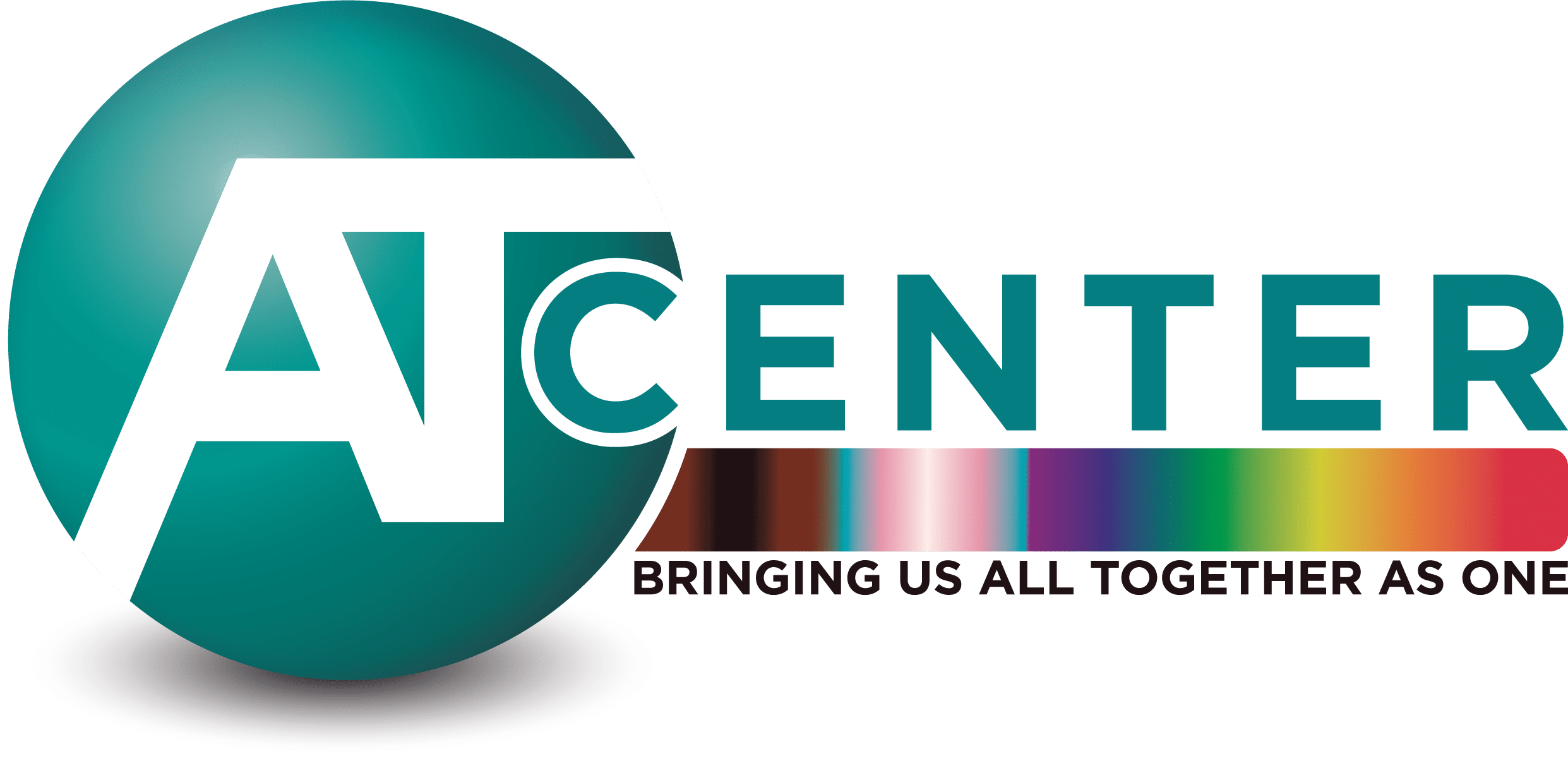The tenets of Confucianism can provide insights into the recovery wellness themes present in the today’s Stress-Free Zone. Confucianism places great emphasis on self-cultivation, virtues, ethical behavior, and the pursuit of moral excellence. Let’s explore how Confucian principles align.
The first stanza emphasizes the importance of individual willingness to look within. In Confucianism, self-reflection is a key aspect of self-cultivation. Confucius teaches that individuals should engage in introspection, examining their thoughts, actions, and motives to cultivate virtuous qualities. This aligns with the idea that one must be willing to look within oneself to initiate personal growth and transformation.
The second stanza highlights the need for determination, time, and courage to effect change. Confucianism promotes the concept of self-improvement through continuous learning and moral development. It emphasizes the cultivation of virtues such as benevolence, righteousness, and wisdom. The courage to change implies the willingness to confront one’s flaws, overcome personal challenges, and strive for moral improvement, all of which resonate with Confucian ideals.
Confucius’ teaching, as mentioned in the third and final stanza, encourages individuals to compare themselves with others for the purpose of self-reflection. This principle aligns with the Confucian concept of “li,” which refers to proper behavior and social norms. According to Confucian teachings, one should aspire to emulate and learn from those who possess superior qualities and virtues. Simultaneously, when encountering individuals who may not exhibit the same level of moral conduct, one is encouraged to reflect inwardly, examining one’s own actions and character.
–
In Confucianism, the path to self-improvement involves the cultivation of virtues through ethical conduct, filial piety, respect for others, and the practice of rituals. Confucius emphasized the importance of moral character, social harmony, and the cultivation of relationships based on empathy and compassion. These principles resonate with the recovery wellness themes found in the Zonr post. Emphasizing the need for self-reflection, determination, courage, and the pursuit of moral excellence.
Overall, the tenets of Confucianism provide a framework for understanding the themes of recovery wellness conveyed in today’s Zonr post. The teachings of Confucius, focused on self-cultivation, moral improvement, and harmonious relationships, align with the principles of willingness to look within, the courage to change, and the importance of self-reflection in personal growth and recovery. By embracing Confucian ideals. Individuals can draw inspiration from the teachings of ethical conduct and strive for personal betterment in their recovery journey.

